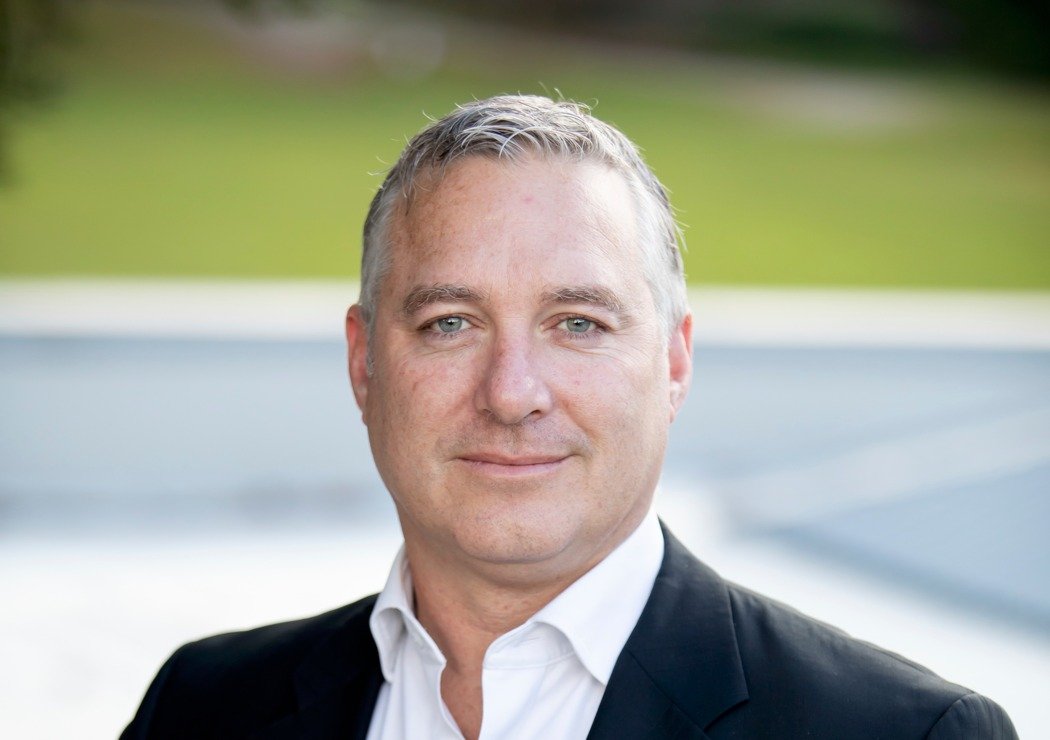
The Queenstown Lakes District Council survey also found 49% of respondents were dissatisfied with the leadership of the district’s mayor and councillors.
Themes the respondents were most concerned about included the prioritisation of core services, transparency, equitable investment in facilities across the district, strengthening environmental initiatives and improving communication.
Frustration with roadworks and traffic management was clear in comments published alongside the survey results.
"It is time the council took a hard look at the wasteful spending on such things as rocks around the green space at Roy’s Bay. Mindless spending on never ending roadworks, traffic management and things that look pretty to visitors and start funding vital infrastructure upgrades," one person wrote.
"There is way too many roadworks, all the time, constant disruption. I would maybe consider finishing one project before starting another, or putting a pause on it during peak season," another respondent commented.
Acting chief executive Dave Wallace said in a statement the council was not surprised by low satisfaction ratings for issues such as traffic, parking and public transport.
It was progressing work to "sustain unprecedented growth as swiftly as possible" with New Zealand Transport Agency Waka Kotahi and the Otago Regional Council.
The summary said for core services, common concerns included roadwork disruptions, underinvestment in critical infrastructure such as sewerage systems and frustration over spending priorities.
For the environment and climate change, concerns included poor recycling systems, a lack of green waste collection, pollution such as sewage and over-development.
Natural amenities such as trails, walkways and parks, and specific facilities such as libraries, received the highest satisfaction ratings.
Mr Wallace said the council did not hold all the levers in addressing some community concerns, but had to "influence and continue to plan for change".
"In general, local government is a challenging environment with reform, change and fiscal challenges, themes that weave throughout the country, but we also know there have been difficult local decisions."
The council was working on ways to change the survey’s low satisfaction ratings for trust and engagement, such as holding council workshops in public.
In 2023, then-Chief Ombudsman Judge Peter Boshier made a series of recommendations, and clarified expectations, about the council’s conduct relating to workshops and the exclusion of the public from parts of meetings.
After years of discussions behind closed doors, the council and other territorial authorities in Otago and Southland subsequently opened up their workshops to the public.













